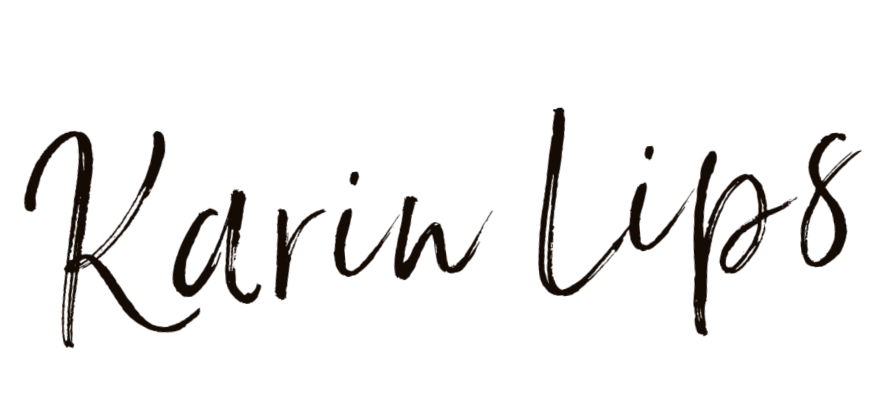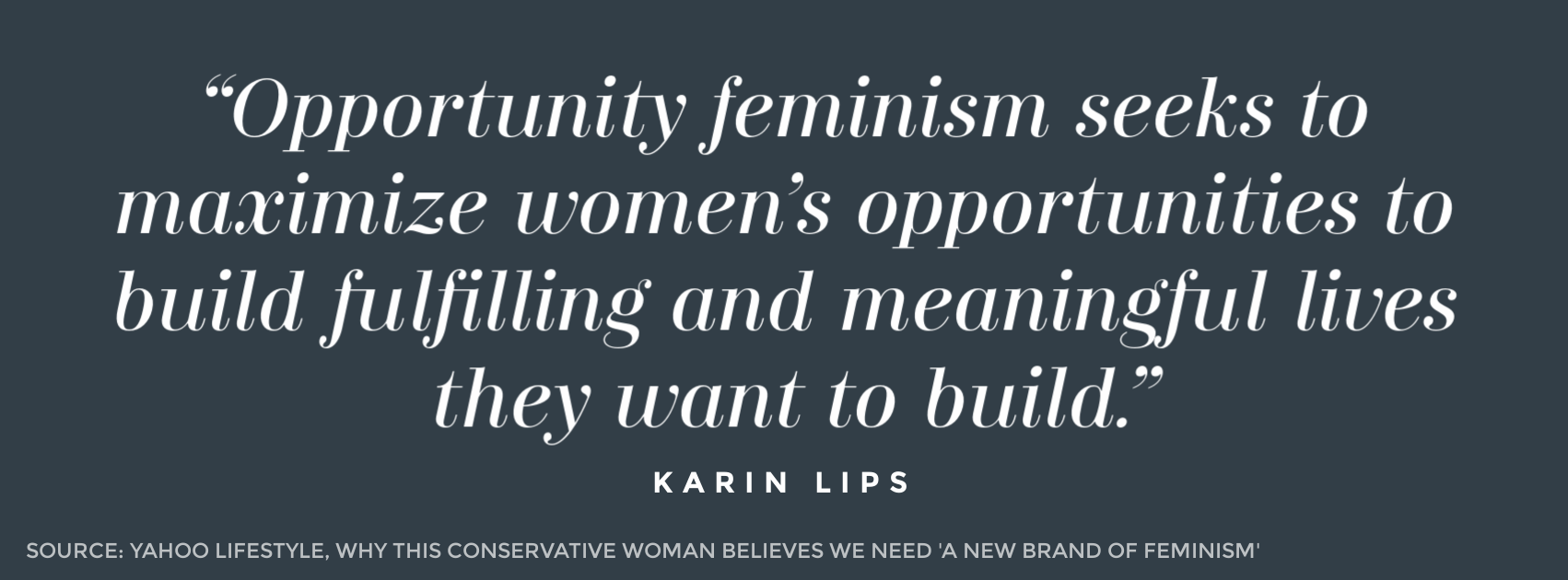What A Fright: Counseling For Offensive Costumes At The University Of Florida
This article originally appeared in Forbes.
As Halloween approaches, Americans young and old are readying their costumes for a night of fright and fun. Besides the usual ghosts, superheroes, and witches, some people are likely planning creative costumes that make light of current events. Expect to see more than a few donning “Make America Great Again” hats or pantsuits and blonde wigs to imitate our presidential candidates.
At the University of Florida, students who are offended by these or other Halloween costumes now have the option to take advantage of around-the-clock counseling.
According to a University of Florida memo,
If you choose to participate in Halloween activities, we encourage you to think about your choices of costumes and themes. Some Halloween costumes reinforce stereotypes of particular races, genders, cultures, or religions. Regardless of intent, these costumes can perpetuate negative stereotypes, causing harm and offense to groups of people.
The memo informs students that if they are offended, they can email the U Matter, We Care program and “there is a 24/7 counselor in the Counseling and Wellness Center available to speak by phone.”
Furthermore, students can inform the Bias Education and Response Team, which is ready to, “respond to any reported incidents of bias, to educate those that were involved, and to provide support by connecting those that were impacted to the appropriate services and resources.”
Intervening in Halloween costume choices is the latest example of college administrators treating students more like delicate children than mature adults.
Unfortunately, the University of Florida isn’t the first university to send such a memo.
Last year, The Intercultural Affairs Committee at Yale sent an email to students on Halloween costume guidelines to discourage students from wearing offensive costumes. In response, Erika Christakis, Associate Master of Silliman College and Lecturer at the Yale Child Study Center, emailed students of the residential college, challenging them to think more deeply about the issue—about what is offensive, the role of the university and the role of students.
Christakis wrote, “we seem afraid that college students are unable to decide how to dress themselves on Halloween.”
Her email continued:
American universities were once a safe space not only for maturation but also for a certain regressive, or even transgressive, experience; increasingly, it seems, they have become places of censure and prohibition. And the censure and prohibition come from above, not from yourselves! Are we all okay with this transfer of power? Have we lost faith in young people’s capacity – in your capacity – to exercise selfcensure, through social norming, and also in your capacity to ignore or reject things that trouble you?
Her comments outraged students and upset students publicly confronted her husband, Nicholas Christakis, the Master of Silliman College and a Yale Professor.
The suggestion that Yale students should be able to think through Halloween costumes without intervention from administrators and deal with any costumes they consider offensive on their own was considered treason to many Yalies. Erika and Nicholas Christakis cancelled their spring courses and resigned from the residential college within the year.
Some people make bad decisions about costumes. But the University of Florida and other universities should be working to cultivate an environment in which students make good decisions and can manage a situation on their own when others offend them.
The role of the university is not to remove any and all distasteful or offensive occurrences from the students’ lives.
Maybe a student will dress up as a mature college student this year—university administrators don’t seem to think they exist anymore.



